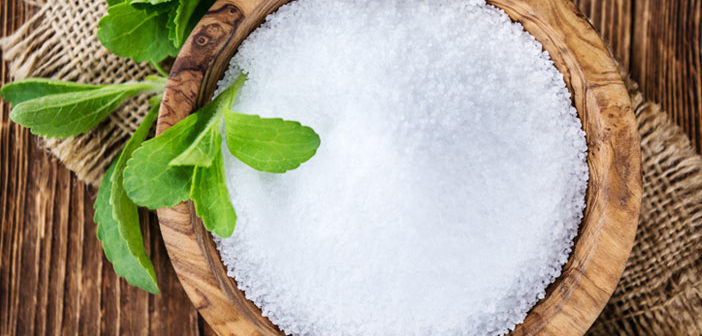Are you looking for a healthy sugar alternative? You can definitely do something for your sweet tooth, without having to give up entirely on sugar. When it comes to artificial sweeteners, there are several things to consider, does the sweetener fully exist in nature or is it synthesized in the laboratory? Natural sweeteners do carry enzymes, antioxidants and vitamins that chemically synthesized sweeteners cannot provide. Vegetables and fruits have natural sweeteners. It can be confusing to your brain, if you are sending a message of sweetness to the brain, but there are no calories as regular sugar has.
What is Xylitol and how is it made?
Xylitol is a natural sugar alternative and is better than added sugar or artificial sweeteners, Artificial sweeteners are a part of our everyday diet, and sodas have them, syrups, candies and more. Xylitol tastes like sugar, but doesn’t cause the blood sugar level to spike. Xylitol is a sugar alcohol, it is a hybrid of a sugar and alcohol molecule, Xylitol is naturally present in many fruits and vegetables. Xylitol carries 40% less calories when compared to a similar amount of sugar, it is also known to improve oral health. Many diabetic friendly candies and gums have Xylitol in them.
Is it safe to use Xylitol, and what are the benefits of using it?
As being an artificial sweetener, Xylitol doesn’t provide you the antioxidants and vitamins, it just tastes like sugar with fewer calories. Xylitol is also processed from trees like Birch, or a plant fiber Xylan can be processed into Xylitol. However, it is obtained from natural sources; it does come under the category of synthesized sugar. Sugar alcohols and sugar made from trees can be irritating to your digestive system, although, Xylitol is the least irritating in sugar alcohols.
Xylitol is beneficial because it contains fewer calories, and is weight loss friendly, and for diabetics, Xylitol may be a good and safe alternative.
Xylitol has many oral health benefits; it prevents tooth decay by killing the bad bacteria in the mouth. When the plaque causing bacteria ingests Xylitol, they are unable to take up glucose and eventually they die. Many dentists recommend chewing gums with xylitol, it increases absorption of calcium in the digestive system, increases production of salvia and reduces its acidity. Therefore, by taking xylitol, you can reduce cavities and tooth decay. Xylitol can prevent yeast infections and ear infections in children.
Xylitol has no adverse affect on blood sugar levels in humans, but it is not safe for the dogs, ingesting xylitol can be fatal for your dog. Its consumption is not entirely safe in humans; taking up too much can cause diarrhea, bloating and gas. However, body does adjust to it well, and long-term consumption does not pose any side effects. Moderation is the key to using all types of sweeteners; your daily intake should not exceed 6g to 10g. Xylitol does not influence the blood Insulin, but diabetics should consult their physicians before incorporating Xylitol into their diet.




